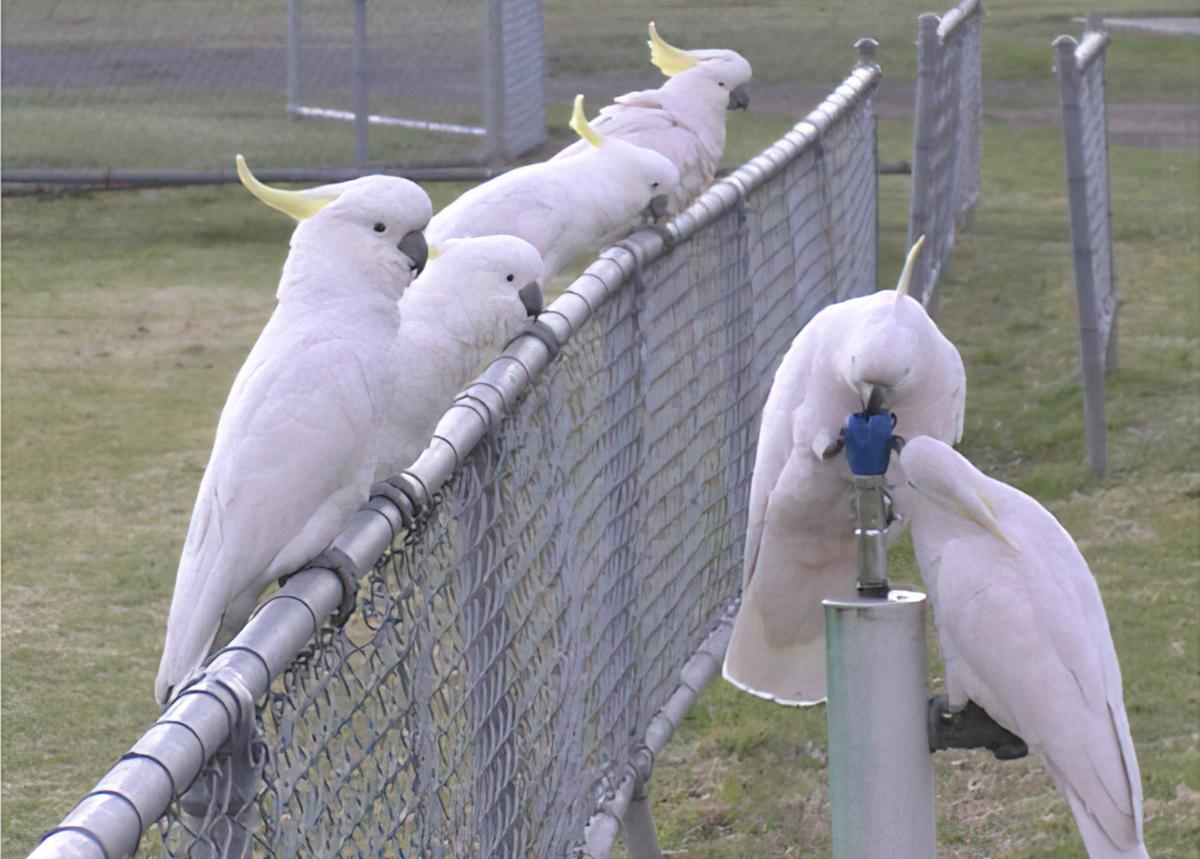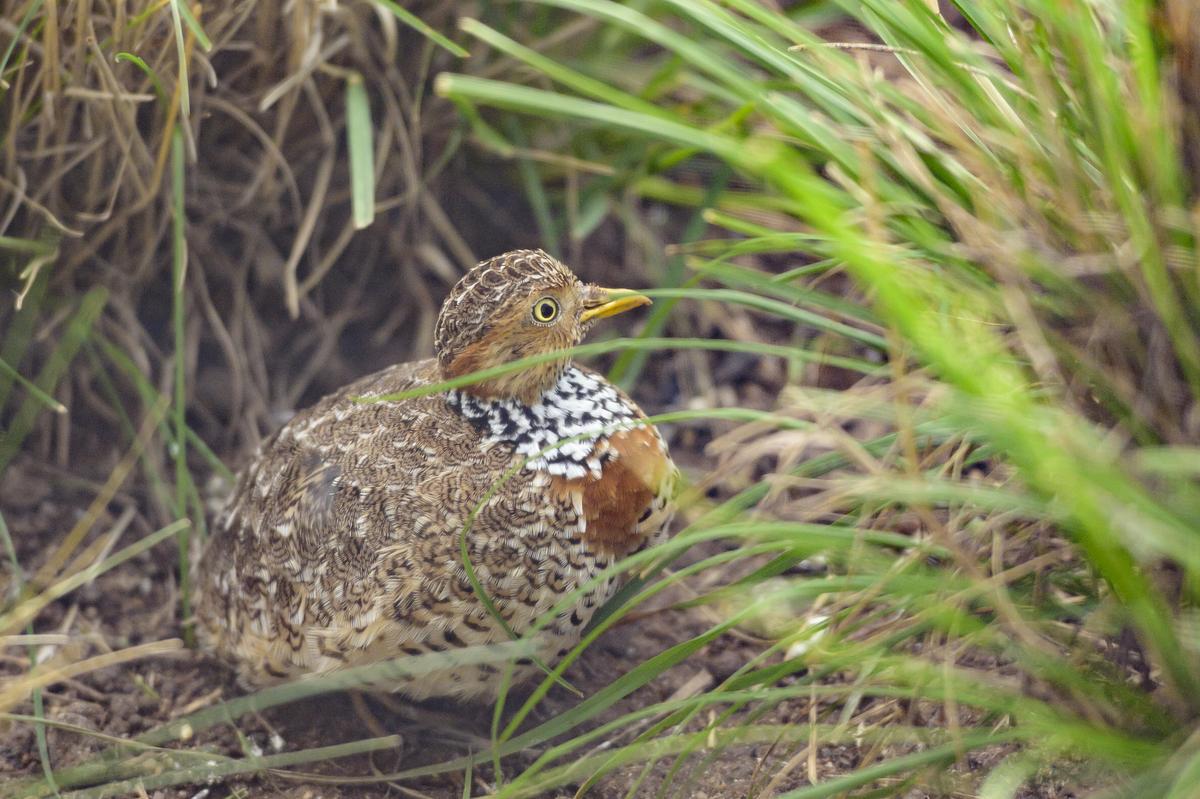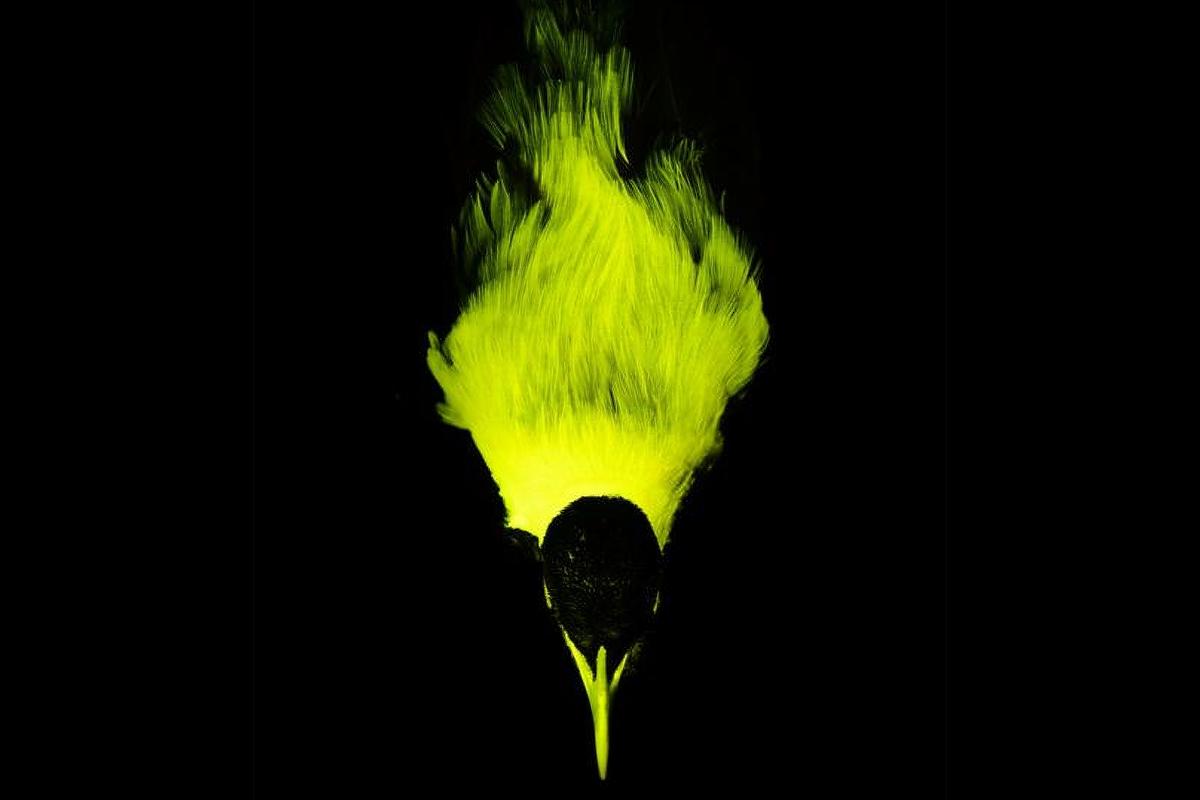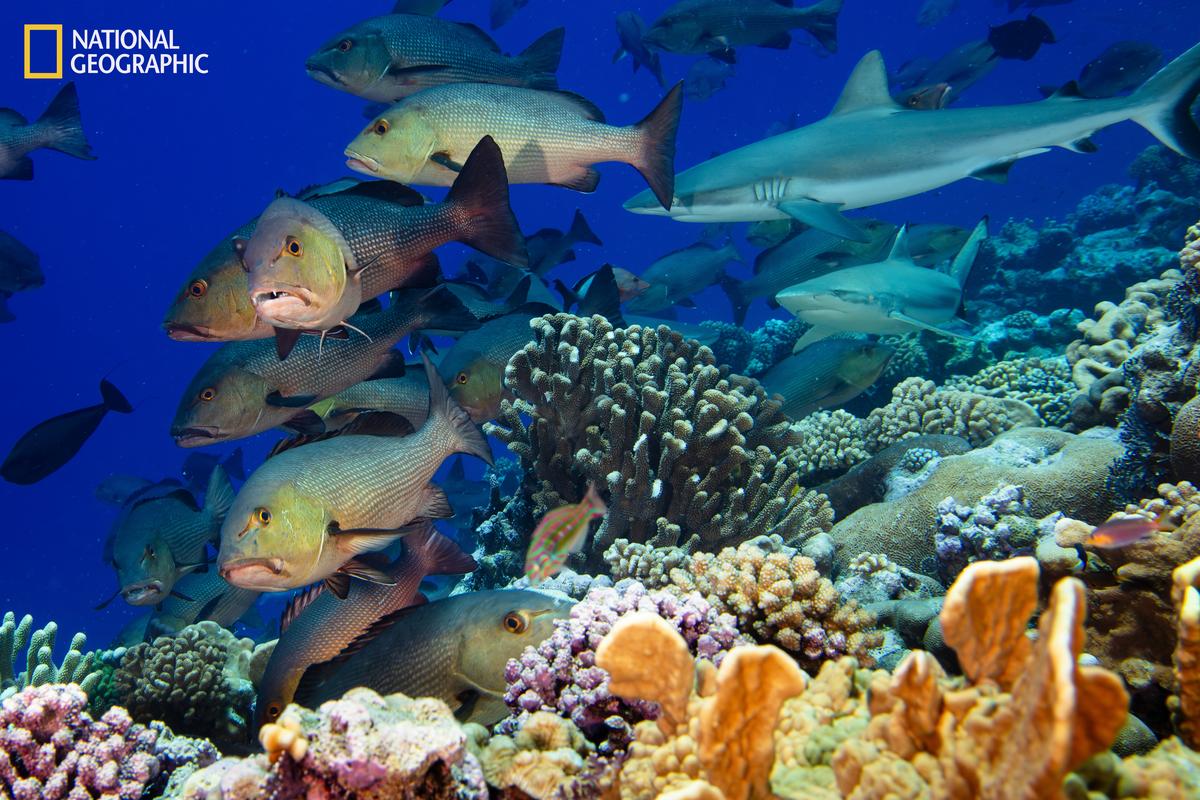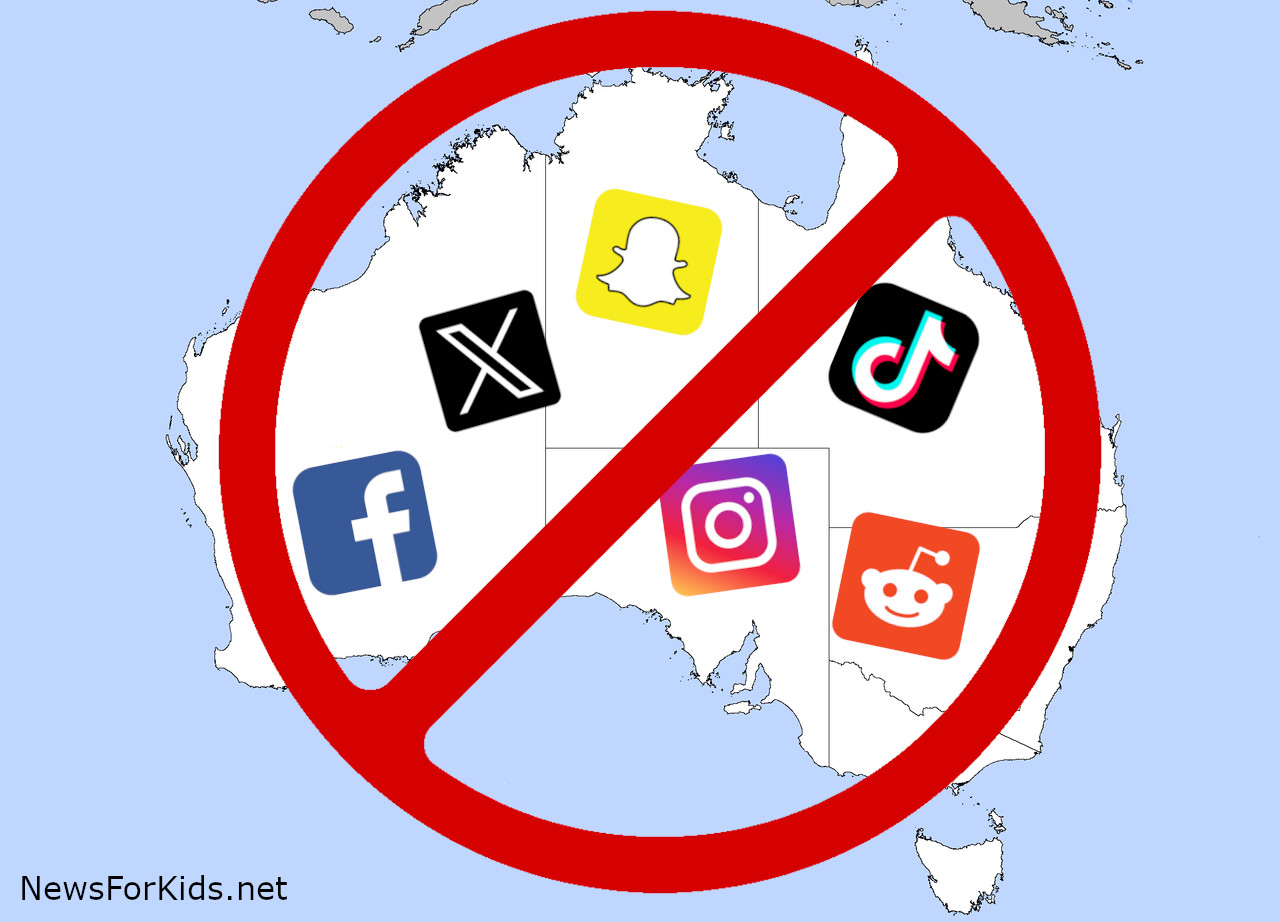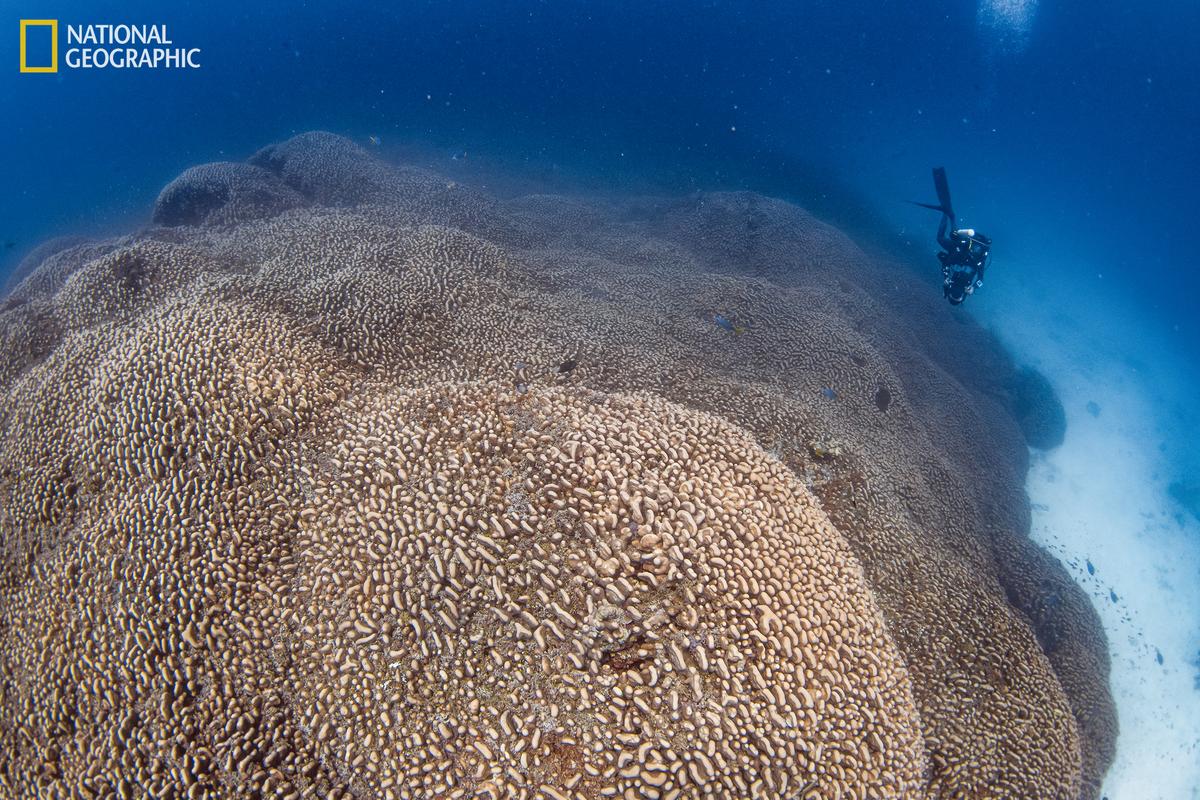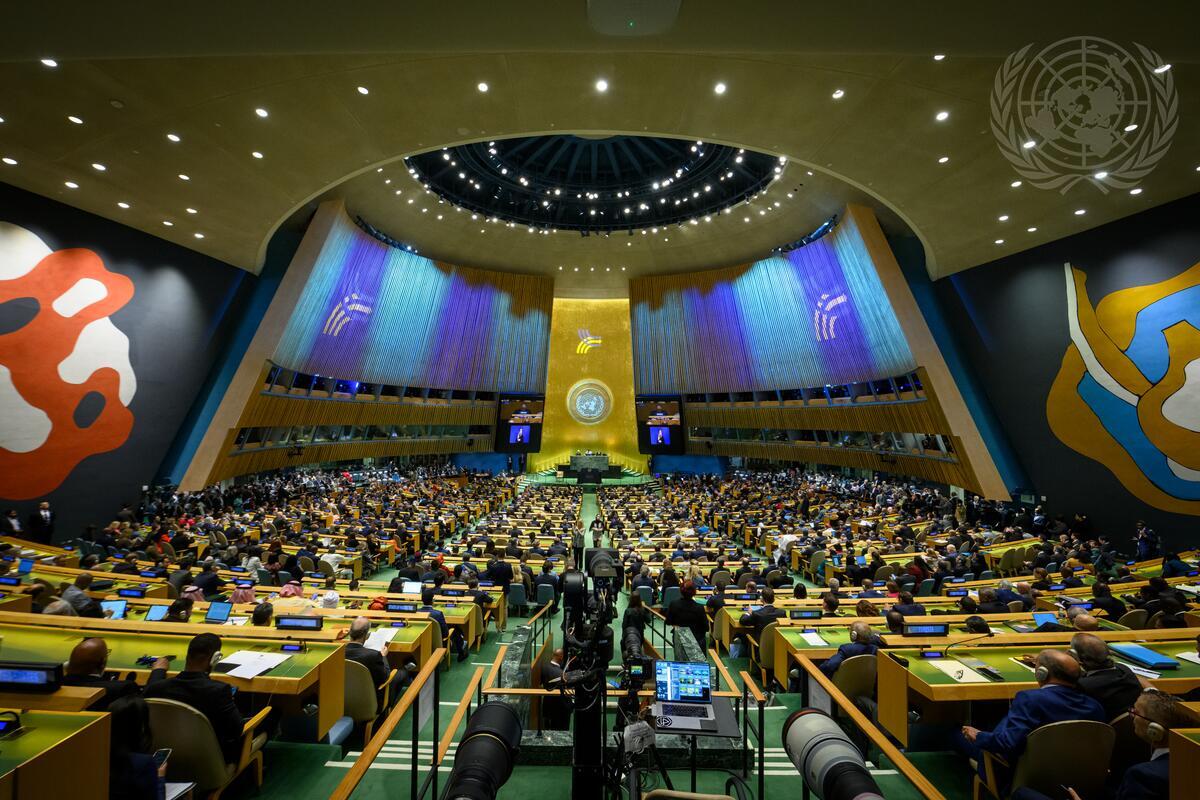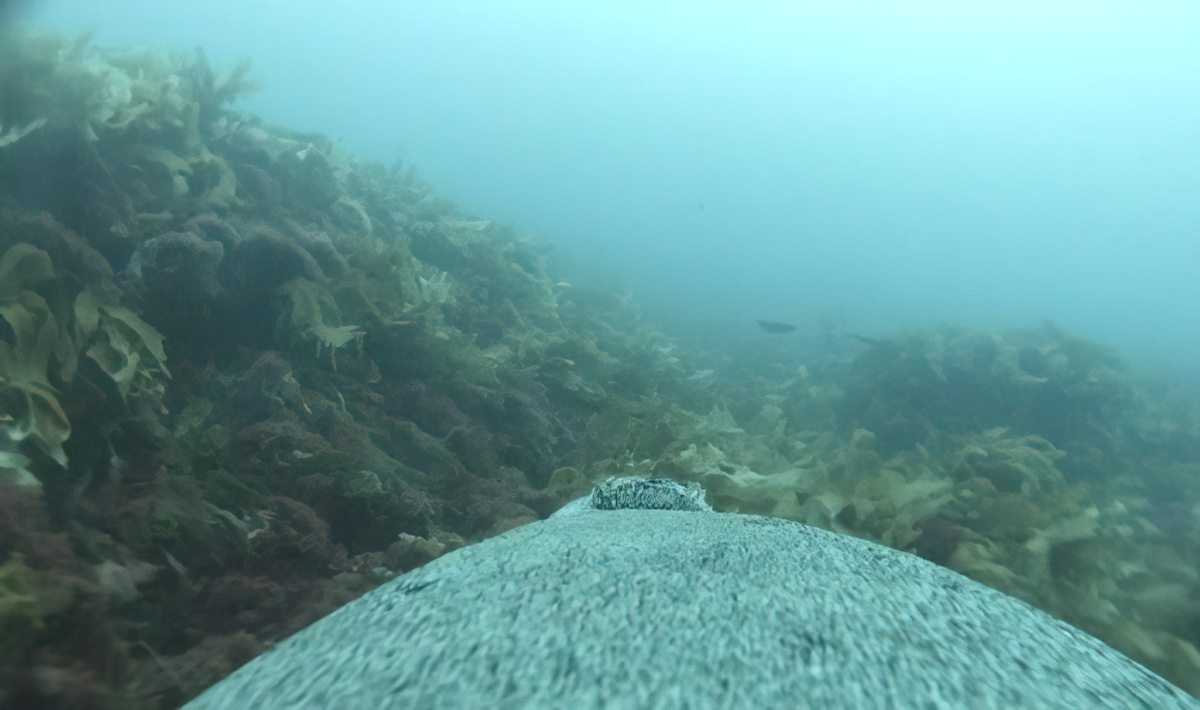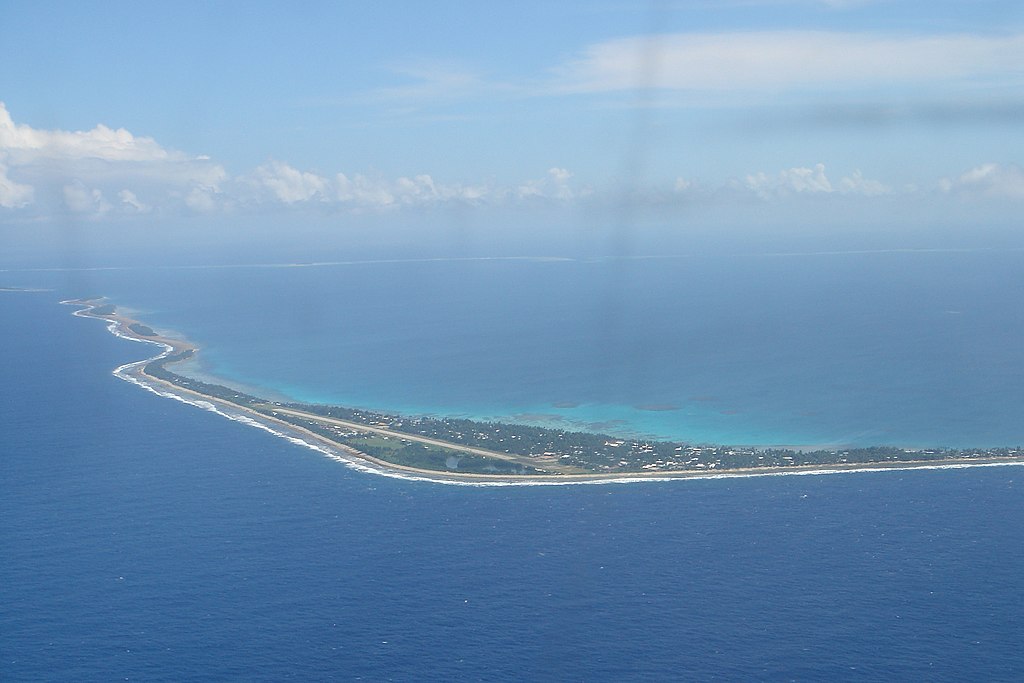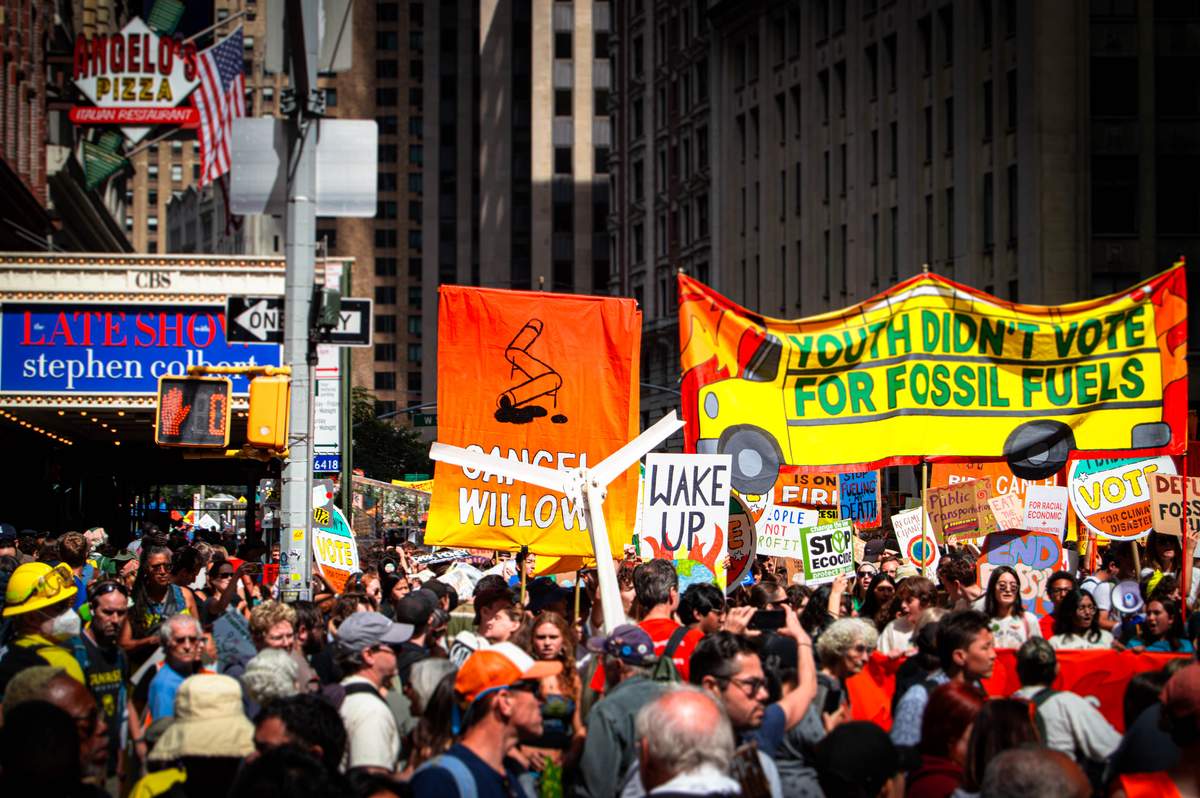Scientists have been studying a group of cockatoos in Sydney, Australia that have a clever trick: they've figured out how to drink from water fountains. The birds use one foot to turn the fountain's handle and then lower their head to the spout, allowing them to drink.
Published in “Australasia”
On Saturday, Australians re-elected Anthony Albanese as their prime minister. Mr. Albanese's Labor Party won the election easily, beating the Liberal/National Coalition. This is the first time in over 20 years that an Australian prime minister has been elected for a second time.
Scientists in Australia have used Artificial Intelligence (AI) to help them locate a rare bird called the Plains-wanderer. This new information will help scientists protect the birds, which are endangered.
Scientists have discovered that many species of birds-of-paradise have feathers that glow. Birds-of-paradise were already well-known for their very colorful feathers and the fancy dances they use to attract mates. The discovery suggests that the birds are even more striking than we knew.
The government of the Marshall Islands has protected a huge area of ocean around two remote atolls. The step is designed to protect important marine and bird life, and to help scientists learn more about the area. The government says it's their first marine protected area (MPA), but it won't be their last.
Scientists on a National Geographic research trip to the Solomon Islands have discovered the world's largest coral. The single coral colony, made up of around one billion tiny creatures, is so large that it can be seen from space.
Leaders representing countries around the world will come together this week at the United Nations' General Assembly meeting in New York. This year's meeting comes as the world faces a large number of extremely serious challenges.
Australian scientists have come up with a clever way to study hard-to-reach areas of the sea floor: they attached cameras to sea lions. The resulting videos have given scientists new information about the endangered sea lions, and also about the sea floor.
Tuvalu is a tiny island nation in the Pacific Ocean. It's also one of the countries most threatened by climate change. Now Australia and Tuvalu have made a deal that gives the people of Tuvalu a place to go if their islands become unsafe because of rising seas.
Over the weekend, people around the world turned out in huge numbers to protest the burning of fossil fuels. The protests - the largest since before the coronavirus pandemic - were meant to send a strong message to political leaders: "Take climate action now."

